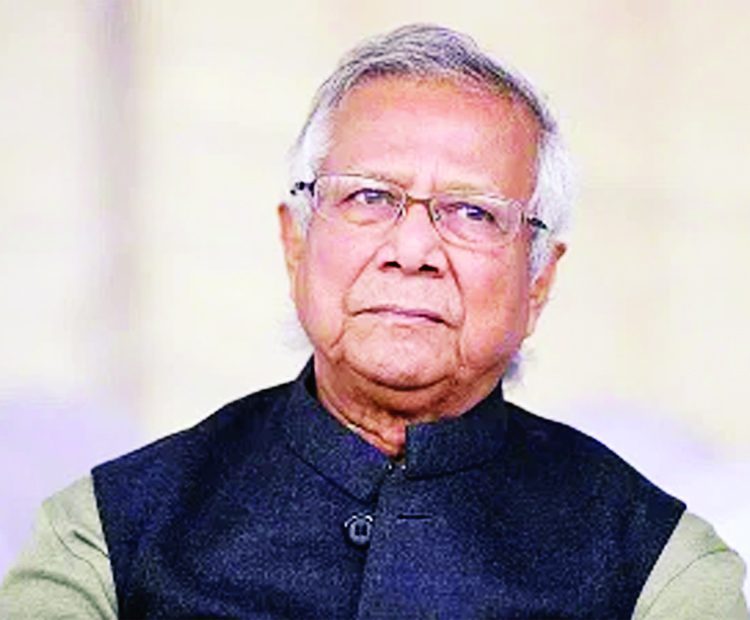
Gulam Rabbani :
Barrister Abdullah Al Mamun, lawyer of Nobel laureate Prof Dr Muhammad Yunus, claimed that fundamental provisions of law were violated during the trail of Prof Yunus in the labour court.
Prof Yunus, also the chairman of Grameen Telecom, and three other top officials of the organization were sentenced to six months imprisonment in a case filed against them on charge of violating the labour law. Each of them has also been fined Tk 30,000.
Prof Yunus, also an Advisor to the UN Secretary General, and his colleagues were given the highest punishment determined by the Labour Act of Bangladesh.
Barrister Mamun said, “In the cases filed in the courts, if the complainant is absent even for a day, the accused will be acquitted.
Section 247 of the Code of Criminal Procedure (CrPC) says so. But in Professor Yunus’ case, the complainant was absent in the court for a long time. Still, Prof Yunus was not acquitted.”
He further said, “The case was filed on September 9 in 2021. However, the complainant appeared in the court for the first time on August 22 in 2023 when the court started testimony in the case.
The main complainant of the case died on September 14 in 2021, five days later after filing the complaint. The person who later acted as the complainant in the case got the charge on July 6 in 2022.

But he informed the court about the matter on August 22 in 2023. Till then no complainant in the case existed in the case. The court ran the trial proceedings without existence of a complainant.”
According to the Section 247 of the CrPC, “If the summons has been issued on complaint, and upon the day appointed for the appearance of the accused, or any day subsequent thereto which the hearing may be adjourned, the complainant does not appear, the Magistrate shall, notwithstanding anything herein before contained, acquit the accused, unless for some reason he thinks proper to adjourn the hearing of the case to some other day.
Provided that, where the complainant is a public servant and his personal attendance is not required, the Magistrate may dispense with his attendance, and proceed with the case.”
When the complainant is a government service holder, then he or she will get some relief in appearing in the court. But in case of exemption he or she must inform the court formally.
In the case of Prof Yunus, the complainant did not inform the court of his absence, said the lawyer.
The lawyer further said, “If someone is convicted in a labour court, he will get two months time to file an appeal as per Section 217 of the Labour Law. But Prof Yunus has been given only one month time.”
The lawyer said they will file an appeal with the High Court against the verdict within the stipulated time given by the labour court.
